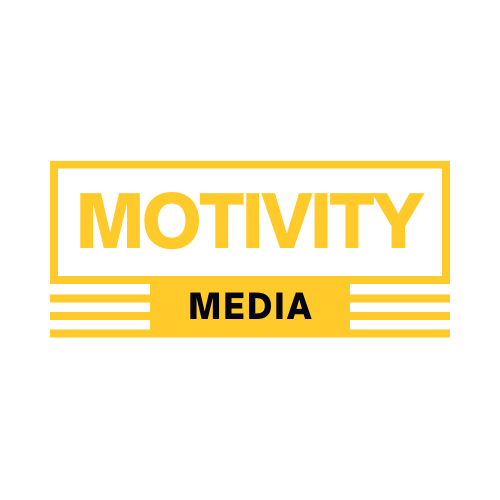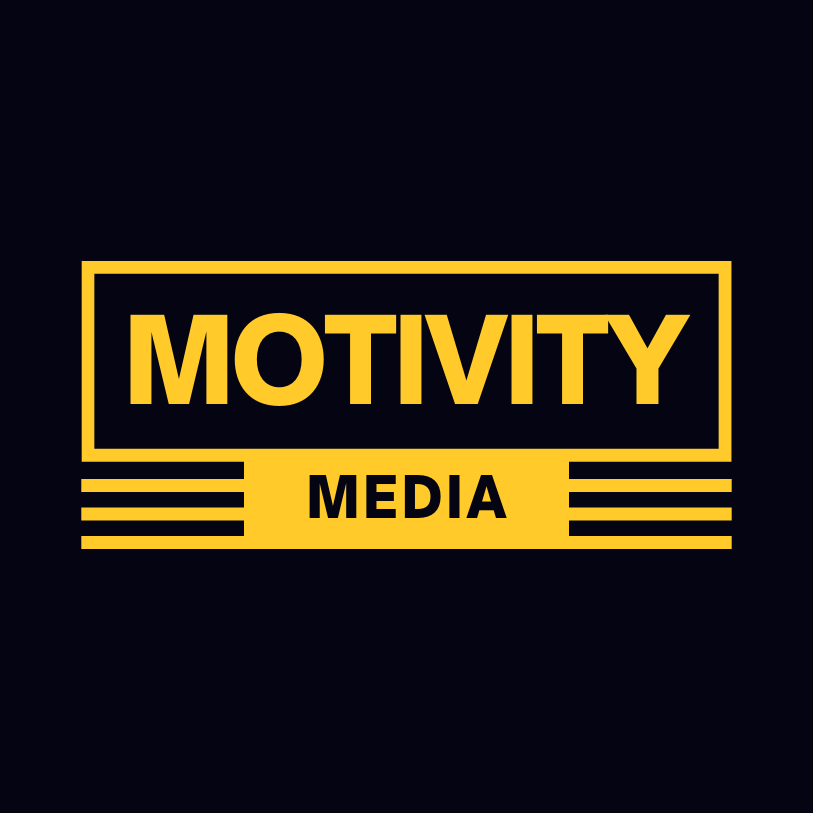Starting A Faith-Based Book Club
Book clubs provide a fantastic opportunity to build connections, spark conversations, and delve into thought-provoking faith themes beyond the daily grind. And what better place to foster this than with colleagues at work, church, or your neighborhood, where individuals can connect on a personal level and share diverse perspectives?
Here's your guide to launching a successful small group book club (and we provide some recommended books at the end):
1. Gauge Interest and Set the Stage:
Spread the word: Casually mention your book club idea to colleagues, gauge their interest, and build a potential member list.
Gather input: Use a simple survey to understand preferred meeting times and frequency.
Choose a format: Decide if you'll focus on devotional, Bible study, historical, or theology themes or simply rotate book choices among members.
2. Pick Your Perfect Reads:
Embrace democracy: Conduct polls or hold mini book club "pitch sessions" where members advocate for their favorite reads.
Consider accessibility: Opt for readily available books in various formats (e-books, audiobooks) to cater to different reading preferences.
3. Schedule Meetings:
Be mindful of busy schedules: Aim for lunchtime or before-work breakfast sessions that won't interfere with core working hours.
Keep it consistent: Decide on a meeting frequency that works for most members, whether weekly, bi-weekly, or monthly.
Choose a comfortable space: Opt for a quiet conference room, a cozy library corner, or a calm coffee shop or lunch spot.
4. Spark Engaging Discussions:
Prepare discussion prompts: Create open-ended questions encouraging everyone to share their thoughts and interpretations.
Beyond summaries: Encourage deeper analysis of themes, motivations, and connections to real-world issues.
Embrace diverse perspectives: Foster a respectful and inclusive environment where everyone feels comfortable sharing their viewpoints.
Remember:
Keep it casual and fun: The goal is to enjoy reading and connecting with colleagues, not create a stressful academic environment.
Be flexible and adaptable: Adjust your book choices, meeting times, and discussion formats based on member feedback and interests.
Celebrate milestones: Mark the completion of each book with a small celebration to keep the momentum going.
With some planning and enthusiasm, your small group book club can become a thriving hub for literary exploration and workplace camaraderie. So, gather your colleagues, open a good book, and prepare for enriching conversations and shared experiences!
Here are a few of our recommended reads:
Get Your Life Back: Everyday Practices for a World Gone Mad by John Eldredge
The Autobiography of George Muller by George Muller
Heaven by Randy Alcorn
Desiring God by John Piper
Mere Christianity by C.S. Lewis

